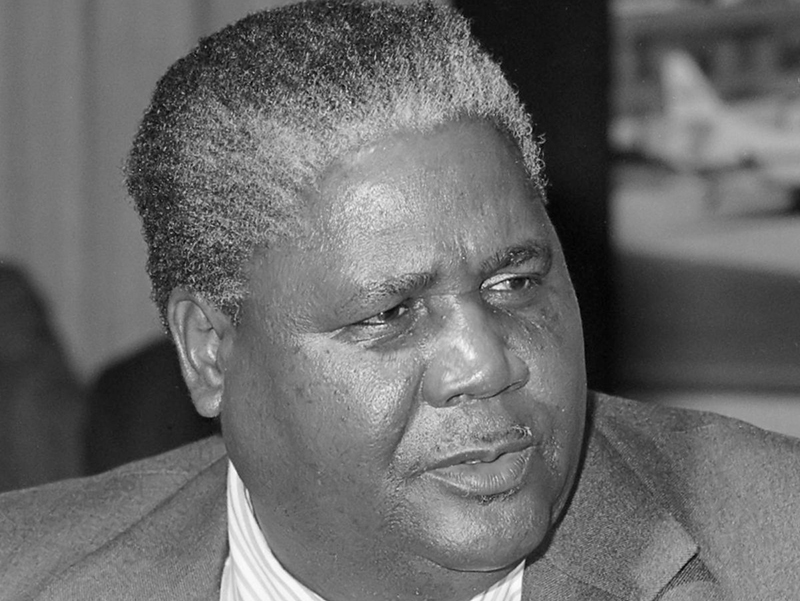ZAPU’s allies dumped the liberation movement during the early 1980s Gukurahundi atrocities, which claimed an estimated 20, 000 lives in Matabeleland and the Midlands, a historian, Stuart Doran, has said.
The killings targeted at ZAPU supporters culminated in the coerced merging of ZAPU and ZANU into the present day Zanu-PF through the 1987 Unity Accord signed by the two parties.
Speaking during a CITE online public lecture, last Friday, titled: “Why the international community turned a blind eye to the Gukurahundi genocide,” Doran said ZAPU’s allies distanced themselves from then opposition party when the ZANU government led by then Prime Minister Robert Mugabe unleashed terror on its supporters.
“ZAPU’s most important African wartime ally—Kenneth Kaunda’s Zambia—seems to have gone completely missing in action during this period, saying and doing nothing about the plight of ZAPU and its supporters,” said Doran.
“The writing had been on the wall since as early as January 1981, when Kaunda had indicated publicly that Zambia was not going to become involved in a tussle between ZANU and ZAPU. In other words, the message from Kaunda to (Joshua) Nkomo had been: ‘You’re an opposition leader now and you’re on your own, mdala (old man). I won’t be calling you and don’t call me.’”
Doran said the ultimate illustration of Kaunda’s determination to wash his hands off Nkomo was Zambia’s refusal to provide refuge for the ZAPU leader, in March 1983 when—at the height of the Gukurahundi—Nkomo had fled the country after an attempt had been made to assassinate him in Bulawayo.
ZAPU’s other major wartime sponsor had been the Soviet Union and it, too, had cut Nkomo loose and was engaged in a resolute and somewhat desperate effort to curry favour with the Zanu-PF government,” said Doran.
“By 1983, the Soviet relationship with ZAPU was a distant memory, and the last thing the USSR was going to do was provoke ZANU by providing even rhetorical support for its former ally. The Russians, like the Zambians, refused to provide sanctuary for Nkomo after the assassination attempt.”
Botswana, Doran said, however, reacted differently.
“ZAPU’s smallest former friend, Botswana, did remain sympathetic and provided a degree of low-key assistance,” said Doran.
“It gave Nkomo a place to stay after he crossed the border, and allowed him time to organise travel to Britain. By this time, Botswana had also accepted thousands of Ndebele refugees who had fled Matabeleland North, and it refused to hand over those among the refugees who were sought by Zanu-PF for political reasons—a position that did not endear Botswana to the Mugabe government, and there was a considerable amount of sabre-rattling on the Zimbabwean side.”
He added: “Overall, then—apart from Botswana’s discreet sympathy—ZAPU’s former allies treated Nkomo and his party as if they were radioactive.”
However, ZANU’s allies such as Tanzania and Mozambique, Doran said, reacted differently altogether as they stood with the party and assisted it as it executed Gukurahundi.

